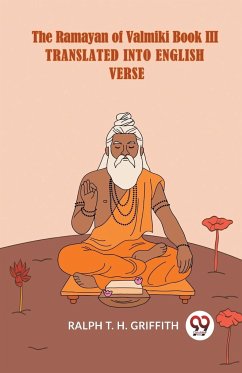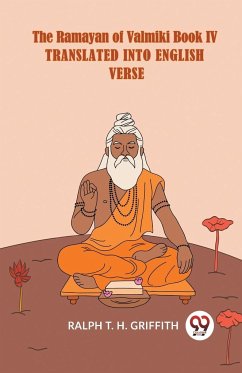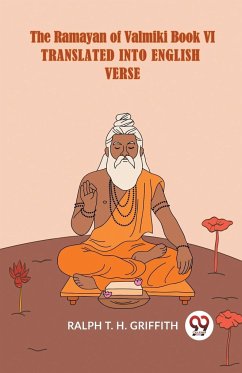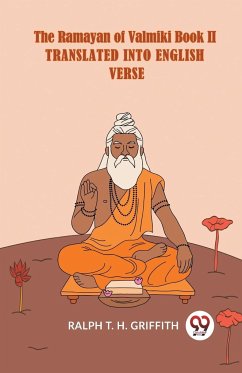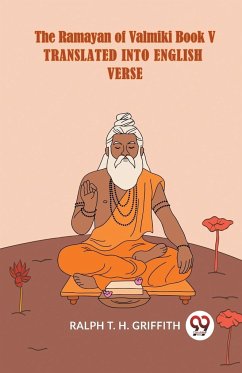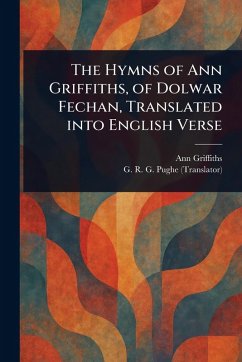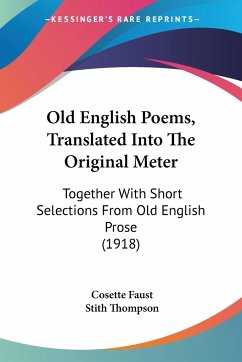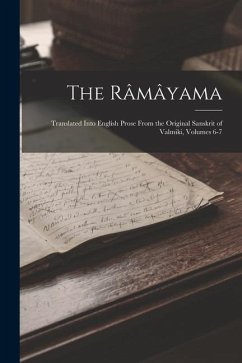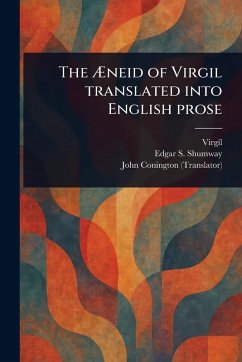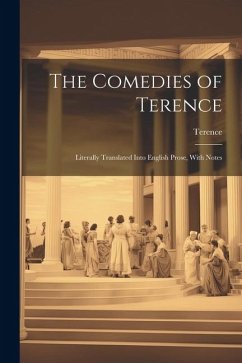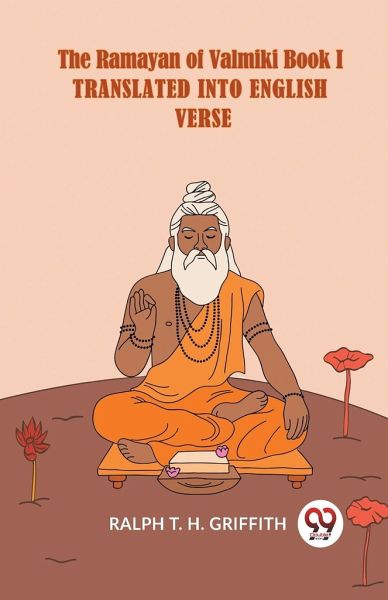
The Ramayan Of Valmiki Book I Translated Into English Verse
Versandkostenfrei!
Versandfertig in 1-2 Wochen
18,99 €
inkl. MwSt.

PAYBACK Punkte
9 °P sammeln!
"The Ramayana," attributed to the historical sage Valmiki, is considered one of India's most respected and historic epic poems. The first book, called "Balakanda," is a foundational part of this epic. It introduces readers to the divine hero, Lord Rama, and sets the stage for the epic's unfolding narrative. Book 1, "Balakanda," starts offevolved with the birth of Lord Rama, an incarnation of the god Vishnu, and his upbringing in the country of Ayodhya. It delves into the deep virtues and divine qualities that make Rama an exemplary figure. The book also explores the political and familial comp...
"The Ramayana," attributed to the historical sage Valmiki, is considered one of India's most respected and historic epic poems. The first book, called "Balakanda," is a foundational part of this epic. It introduces readers to the divine hero, Lord Rama, and sets the stage for the epic's unfolding narrative. Book 1, "Balakanda," starts offevolved with the birth of Lord Rama, an incarnation of the god Vishnu, and his upbringing in the country of Ayodhya. It delves into the deep virtues and divine qualities that make Rama an exemplary figure. The book also explores the political and familial complexities within the royal own family of Ayodhya. A large portion of the narrative in Balakanda revolves round King Dasharatha's promise to his spouse Kaikeyi, which in the end results in Rama's banishment into the wooded area. The schemes of the hunchbacked maidservant, Manthara, play an essential function in those activities, underlining the themes of loyalty, obligation, and the conflict between true and evil. Ralph T. H. Griffith, an outstanding English translator, has made this undying epic reachable to a broader audience by using supplying an English translation. His work permits readers from round the sector to realize the splendor, wisdom, and cultural significance of Valmiki's Ramayana. This translation remains a vital aid for the ones in search of to apprehend this ancient epic's enduring relevance and rich storytelling.



